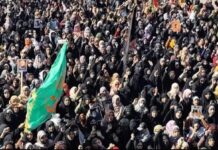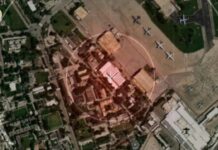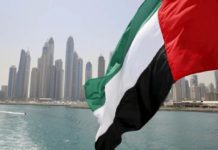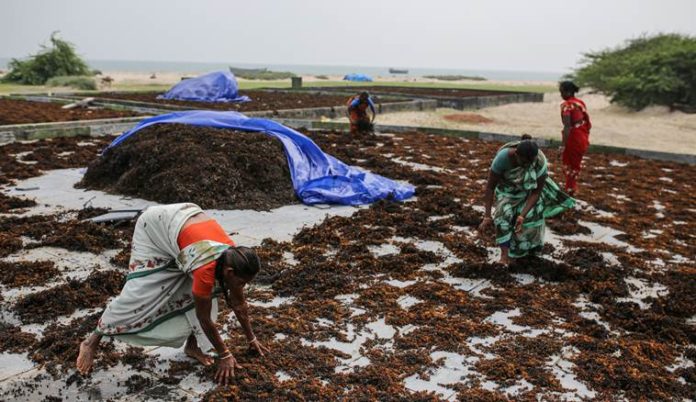
New Delhi (NVI): More than 2,45,000 families in Tamil Nadu have built sustainable and resilient livelihoods, sixteen years after the devastating Indian Ocean Tsunami in 2004, according to a report.
All this was possible because of the award-winning Post-Tsunami Sustainable Livelihoods Programme (PTSLP), according to the United Nations’ International Fund for Agricultural Development (IFAD).
The programme – administered by the Government of Tamil Nadu’s Rural Development and Panchayat Raj Department (RD&PR) and co-financed by the UN’s IFAD – has helped develop viable enterprises and resource management systems owned and operated by poor men and women in the coastal areas most affected by the tsunami, said the report.
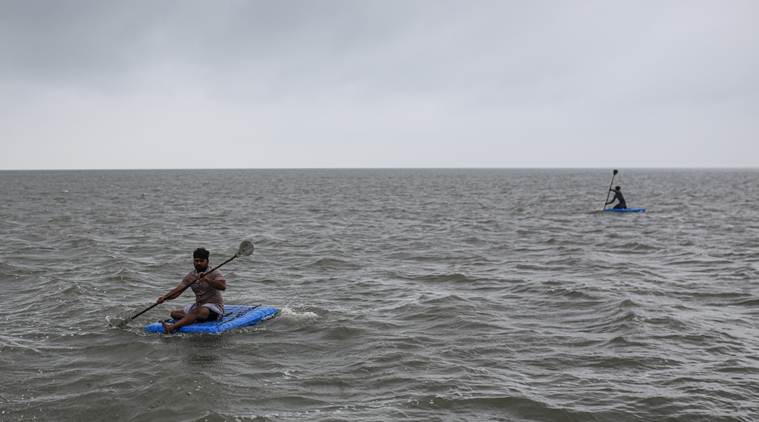
“This programme focused on the vulnerable sections of society, especially the poor fishermen and poor and marginal farmers. It has done very good work in the 12 coastal districts of Tamil Nadu. It has empowered the poor, vulnerable fishermen – those who were totally economically excluded in the state’s coastal areas – and has led to a 3x increase in the incomes of poor rural households,” said Meenakshi Rajagopal, Additional Chief Secretary and PTSLP Project Director, Government of Tamil Nadu.
The programme, which began in July 2007 and has just wrapped up, was not intended to provide immediate relief and rehabilitation from the impact of the tsunami, but was instead aimed at the medium- and long-term development needs of coastal communities using existing strategies such as poverty reduction centres and women’s self-help groups (SHGs), the report said.
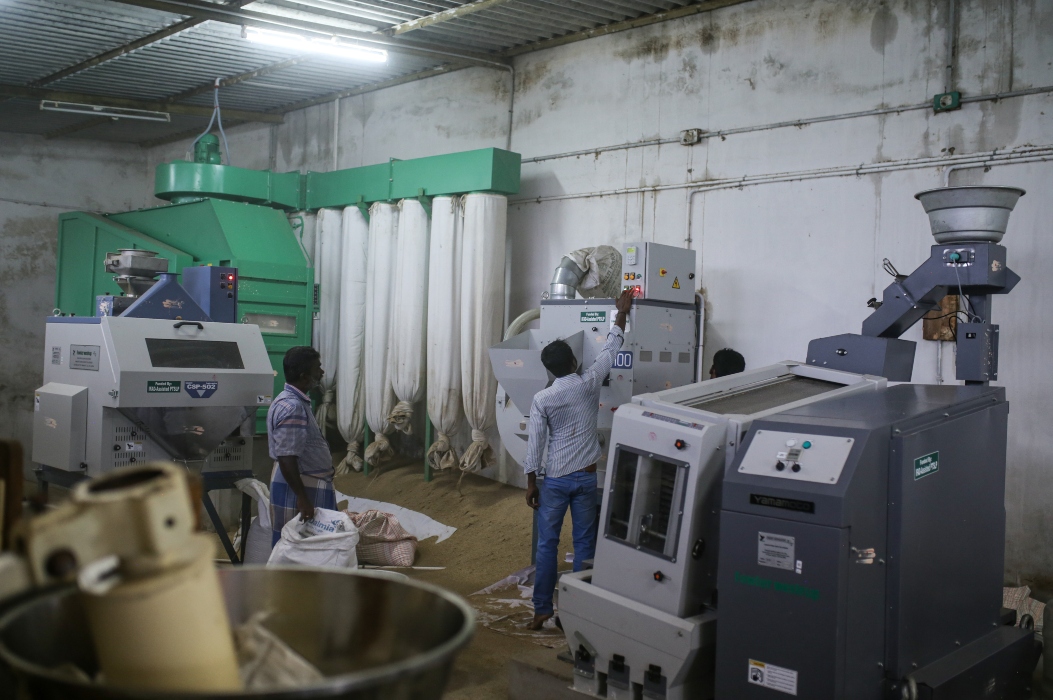
It had three components: one, coastal area resource management (which included community resource planning, community support and fisheries resource management); two, rural finance and risk transfer instruments (which included a venture capital fund, microcredit for SHGs, financial innovations, and risk management and insurance); and three, employment generation and skill development.
“Our work in Tamil Nadu bears many lessons for the recovery of poor households from severe shocks like the 2004 tsunami and more recently, the COVID-19 pandemic. PTSLP was very effective at reaching poor and very poor households, with very high participation by women.
“This is largely due to four innovative practices: one, a vulnerability reduction fund that helps poor households meet unexpected expenses; two, enabling poor households to become bankable and access loans via joint liability groups; three, customizing health, agri- and fishing-related insurance and making it accessible; and finally, reducing the indebtedness of fishers and fish vending women to moneylenders. These innovations can set a global example of how to build the resilience of poor households to natural shocks and disasters,” said Rasha Omar, Country Director, IFAD India.
The average income of households that participated in PTSLP has increased by around three times. There has been significant improvement in the quality of people’s diets, with them consuming more protein foods and higher quality fruits and vegetables. Artificial reefs deployed over 17,800 square metres and fish catches in their vicinity have started to rise, the IFAD report said.
The production of agricultural, horticultural and livestock products has also increased in PTSLP households – 44.2 percent of programme area crop growers and 63 percent of programme area livestock producers report an increase, it said.
The programme has also successfully built a range of community organisations, which has helped empower people and build social capital. Women SHG members are able to take a significant role in livelihoods and the wider community though local-level SHG federations, participating in decisions on community issues.
As a consequence of their membership of fish marketing societies created as part of the programme, 7,000 artisanal fishers no longer need to rely on traders for credit and so are free to sell fish on the open market. Some of the poorest women work as small-scale fish traders, and can now trade on fair terms. Fish-vending women have formed joint liability groups that has enables total financial inclusion of the socially marginalised and economically poor section of the fishing community.

Women are also entering non-traditional domains like eco-brick making, palm tree management including climbing, and are using collective procurement, marketing and transportation strategies.
The programme has effectively targeted poor and very poor households, with high participation from women. Innovative financial products and partnerships were used to move women beyond household-level income generation into entrepreneurship. Voluntary insurance has been successfully rolled out, including a fishers’ mutual insurance for fishing gear. Focus on disciplined financial behaviour has led to repeat and high order credit linkage with banks with on-time repayment, especially in women’s groups.
In order to scale-up the initiatives and to provide continuous support to coastal communities and households the Government of Tamil Nadu has approved the creation of the Tamil Nadu Coastal Sustainable Livelihoods Society and sanctioned initial funds for its functioning.
The programme has become a flagship for coastal community development for the Government of Tamil Nadu, and it can serve as an exemplar for building resilience in coastal communities in the face of climate change.
-ARK

